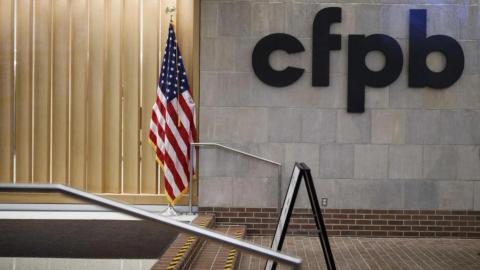Capital One Hit with Lawsuit for Alleged Deceptive Savings Account Practices
The Consumer Financial Protection Bureau (CFPB) has taken significant action by filing a lawsuit against Capital One and its parent company, Capital One Financial Corp. This legal development focuses on allegations that the bank misled millions of customers, resulting in over $2 billion in lost interest from their savings accounts.
Allegations Against Capital One
According to the CFPB, Capital One advertised its “360 Savings” account as one of the most competitive interest rates in the country. However, despite a nationwide increase in interest rates, the bank allegedly kept the interest rate for these accounts stagnant at a mere 0.30%. This discrepancy became even more evident with the introduction of a similar product, the “360 Performance Savings” account, which offered significantly higher rates, peaking at 4.35% by January 2024.
Lack of Transparency for Customers
Customers holding the “360 Savings” account were reportedly unaware of the more lucrative “360 Performance Savings” option. This lack of disclosure has left many feeling deceived and deprived of potential earnings:
- The CFPB claims Capital One failed to inform existing customers of better interest rate options.
- New depositors received preferential treatment with higher rates, while long-time customers remained at a disadvantage.
- The lawsuit seeks not only to halt these practices but also to provide financial restitution to affected consumers.
CFPB’s Stance on Consumer Protection
Rohit Chopra, the CFPB Director, stated, “The CFPB is suing Capital One for cheating families out of billions of dollars on their savings accounts. Banks should not be baiting people with promises they can’t live up to.” This statement underscores the agency’s commitment to ensuring fairness in the banking industry.
Potential Outcomes of the Lawsuit
The CFPB aims to achieve several objectives through this lawsuit, including:
- Stopping Capital One’s allegedly unlawful practices.
- Providing financial redress to the customers affected by these practices.
- Imposing civil money penalties that would contribute to the CFPB’s victims relief fund.
Background on Capital One
Capital One, a prominent national bank with assets exceeding $480 billion, acquired online bank ING Direct USA in 2012, subsequently rebranding it as “360 Savings.” The bank has faced criticism for allegedly leveraging its substantial market presence to create a two-tier system that favors new depositors, leaving existing customers with less favorable rates.
For more information about consumer protection laws, visit the CFPB’s official website. Additionally, if you’re interested in learning more about Capital One’s services, you can explore their offerings on their official page.







